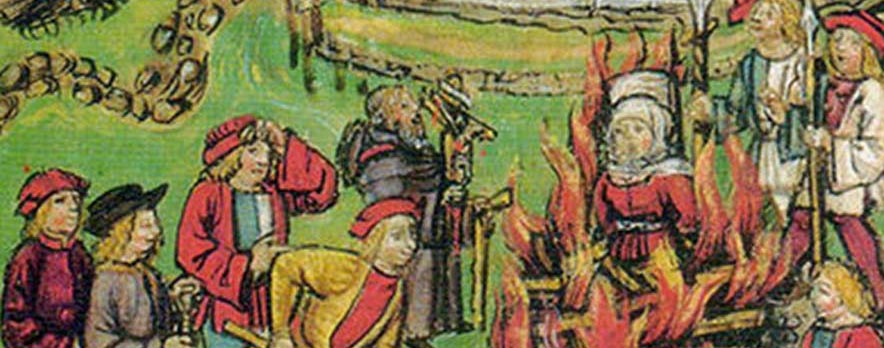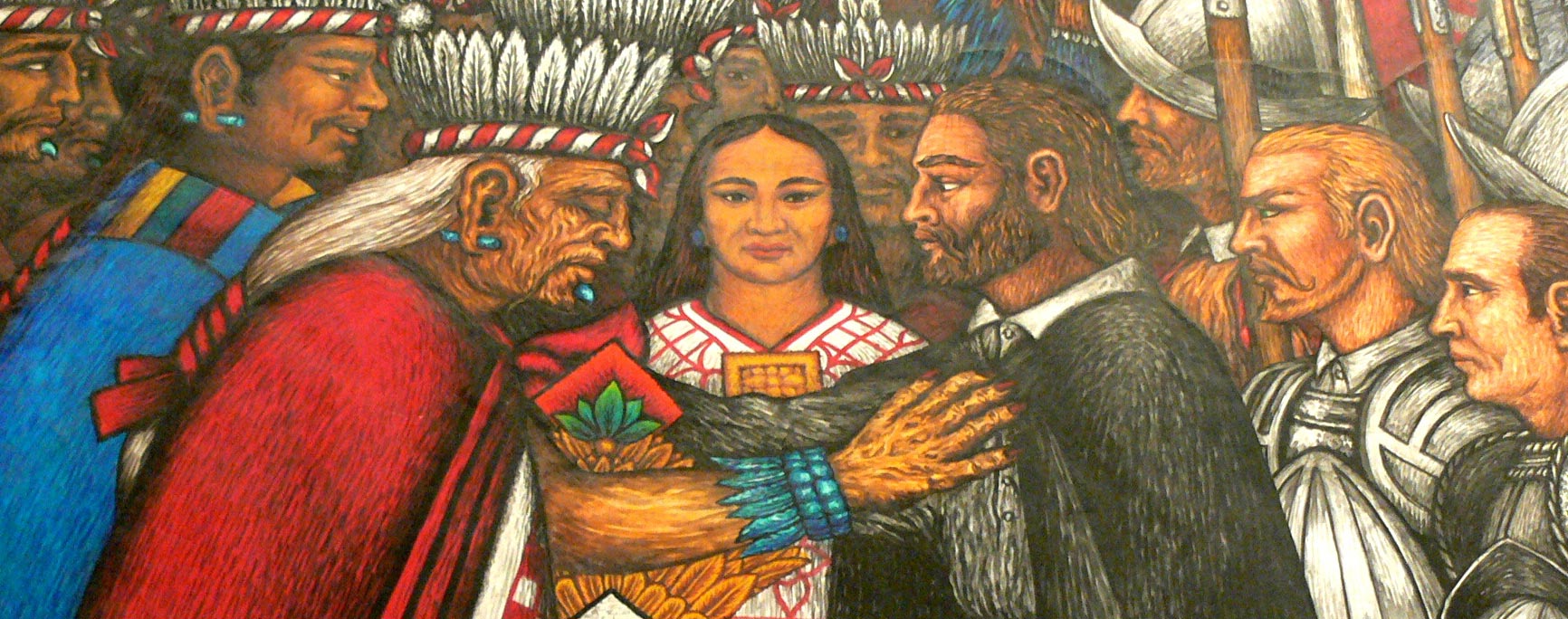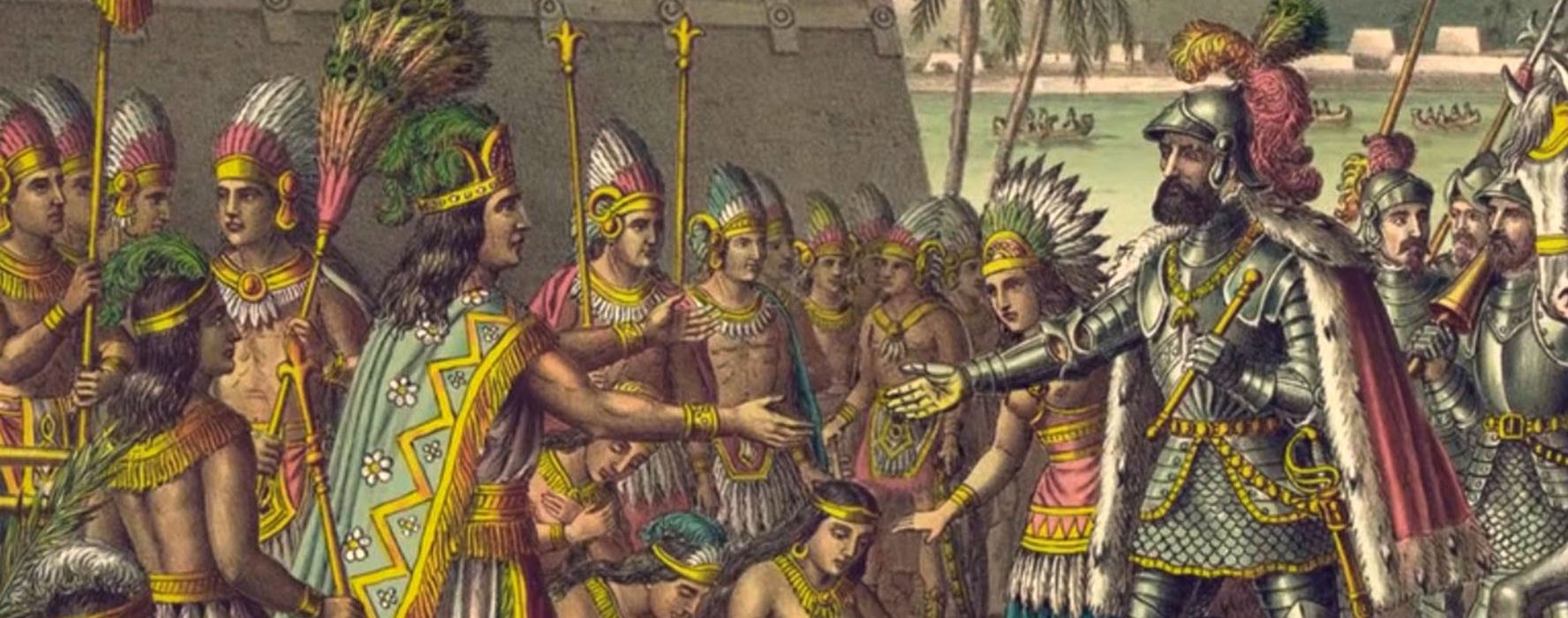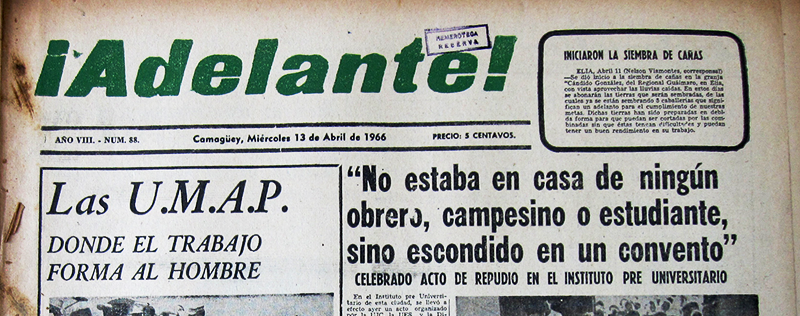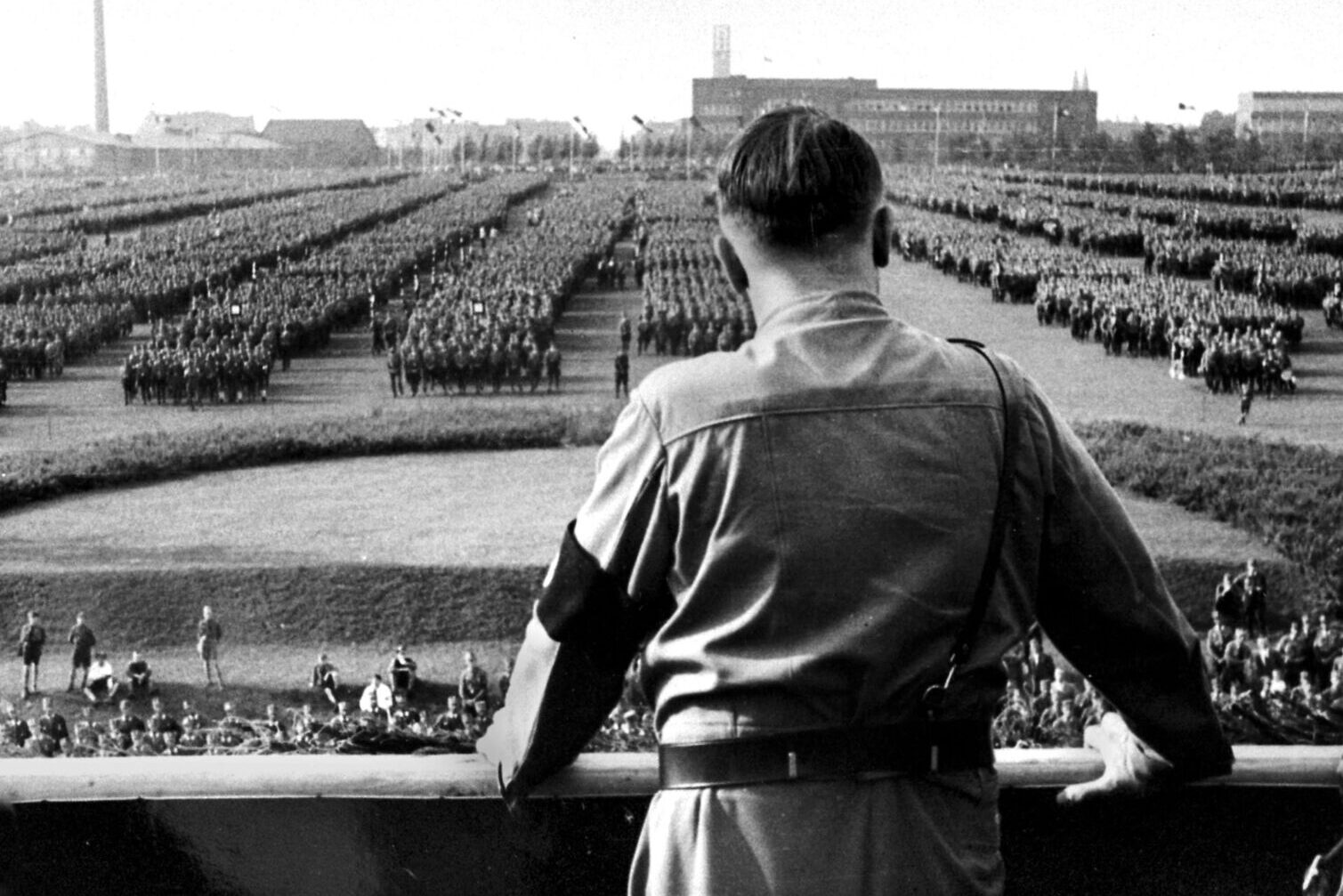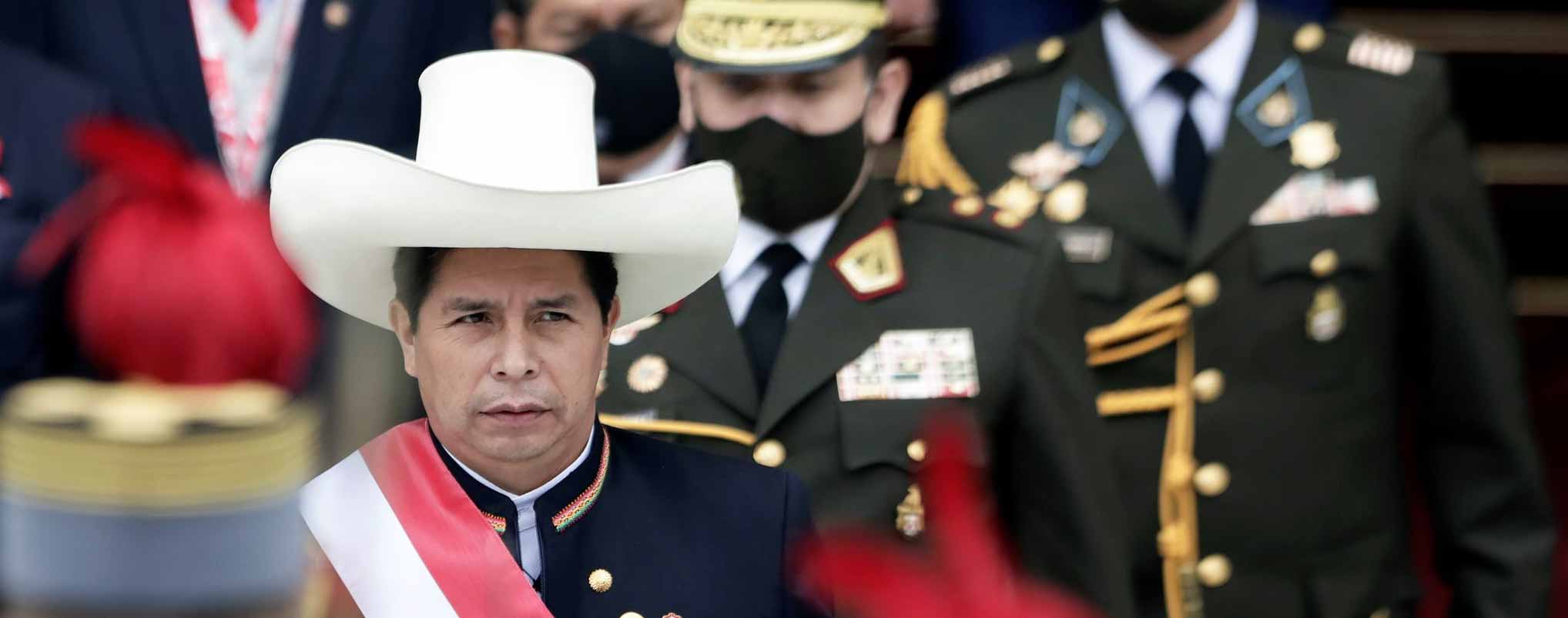Source:dariomadrid.es
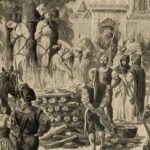 I am going to tell you a story that you surely missed at school: the repression of witchcraft in Germany caused more victims than the Spanish Inquisition during its entire existence. In the territories currently occupied by Germany, during the 16th and 17th centuries, some 25,000 people accused of witchcraft, of having pacts with the devil or other evil spirits were executed. Especially during the first decades of the seventeenth century, a collective alienation broke out in Germany and in much of Europe, leading to massive trials in which hundreds were convicted and executed for witchcraft.
I am going to tell you a story that you surely missed at school: the repression of witchcraft in Germany caused more victims than the Spanish Inquisition during its entire existence. In the territories currently occupied by Germany, during the 16th and 17th centuries, some 25,000 people accused of witchcraft, of having pacts with the devil or other evil spirits were executed. Especially during the first decades of the seventeenth century, a collective alienation broke out in Germany and in much of Europe, leading to massive trials in which hundreds were convicted and executed for witchcraft.
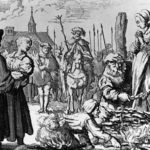 The biggest witch hunts took place in Germany. There the total number of executions for witchcraft was higher than in the other areas of Europe combined. There were many reasons, but one was that they did not have a centralized judicial body to control the decisions of lower bodies.
The biggest witch hunts took place in Germany. There the total number of executions for witchcraft was higher than in the other areas of Europe combined. There were many reasons, but one was that they did not have a centralized judicial body to control the decisions of lower bodies.
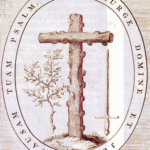 Incredible as it may seem to believers in the “Black Legend,” the Spanish Inquisition, a centralized institution whose main authority was appointed by the king and subjected to papal confirmation, protected large numbers of people accused of witchcraft.
Incredible as it may seem to believers in the “Black Legend,” the Spanish Inquisition, a centralized institution whose main authority was appointed by the king and subjected to papal confirmation, protected large numbers of people accused of witchcraft.
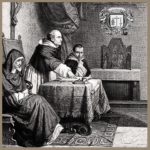 The Spanish Inquisition was a highly centralized institution in which twenty-one different regional courts were subordinate to a central court, the Consejo de la Suprema (the Supreme Council) of Madrid. That was one of the reasons why a small number of accused of witchcraft were prosecuted in Spain. If in Germany some 25,000 people were executed for witchcraft, in Spain it did not reach a hundred.
The Spanish Inquisition was a highly centralized institution in which twenty-one different regional courts were subordinate to a central court, the Consejo de la Suprema (the Supreme Council) of Madrid. That was one of the reasons why a small number of accused of witchcraft were prosecuted in Spain. If in Germany some 25,000 people were executed for witchcraft, in Spain it did not reach a hundred.
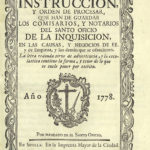 But as we know, Spain was the Catholic power to defeat at the time by the protestant powers, so a defamation campaign was easy to articulate against an institution that lost the propaganda warfare. Surely most of the people who live with us, including Spaniards, think that the Spanish Inquisition was the most responsible religious organization for the execution of those accused of witchcraft in Europe.
But as we know, Spain was the Catholic power to defeat at the time by the protestant powers, so a defamation campaign was easy to articulate against an institution that lost the propaganda warfare. Surely most of the people who live with us, including Spaniards, think that the Spanish Inquisition was the most responsible religious organization for the execution of those accused of witchcraft in Europe.
I have based this article mainly on the book “The Witch-Hunt in Early Modern Europe” by Brian P. Levack.
Sources
Levack, B.P., ed. (2015) The Witch-Hunt in Early Modern Europe. 4rd ed. Routledge
Share this article
On This Day
- 1572 Andrés Díaz Venero de Leyva founded the town of Guaduas (Colombia).
- 1578 Brunei becomes a vassal state of Spain.
- 1672 Spanish comic actor Cosme Pérez ("Juan Rana") dies.
- 1693 Painter Claudio Coello dies.
- 1702 The Marquis de la Ensenada was born.
- 1741 Spanish troops break the siege of castle San Felipe in Cartagena de Indias (Colombia).
- 1844 The Royal Order of Access to Historical Archives was promulgated.
- 1898 President Mckinley signed the Joint Resolution, an ultimatum to Spain, which would lead to the Spanish–American War.
History of Spain
26 August 2020
27 January 2021
Communism: Now and Then
23 December 2022
28 July 2021
